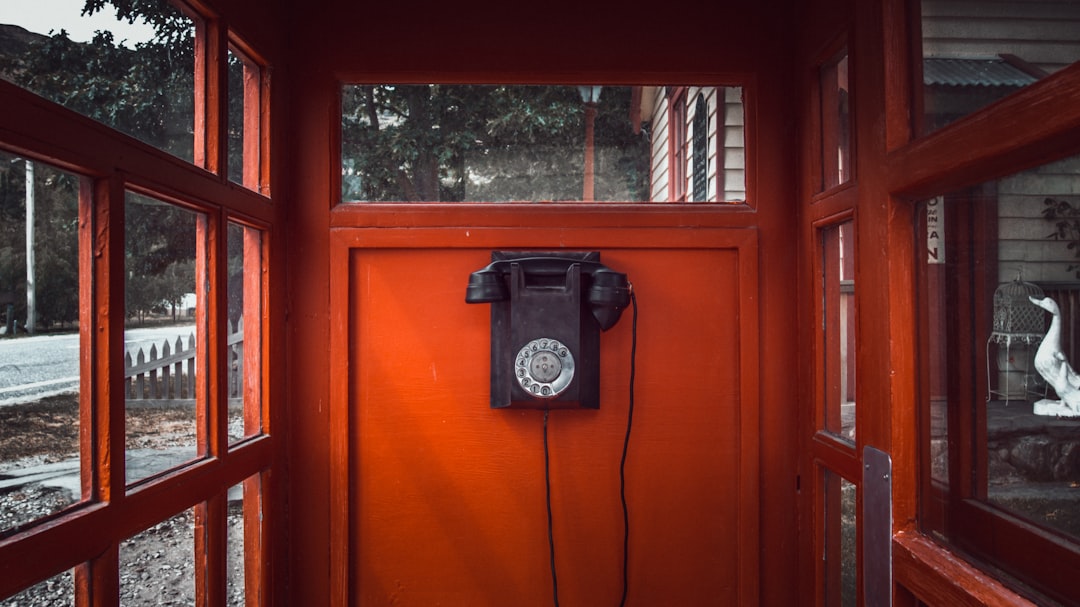Louisiana's robust Spam Call laws target robocalls and spam texts, ensuring prior explicit consent for marketing or debt collection purposes. Spam call law firms navigate these regulations, offering complaint processes and opt-out options to protect residents from intrusive automated calls. While spam texts face less regulation, these firms lead the charge in curbing unwanted telemarketing across the state.
In the digital age, Louisiana residents face an increasing barrage of robocalls and spam texts, posing a significant nuisance. This article delves into the nuances of these two forms of unwanted communication, clarifying their distinct origins and intentions. We explore Louisiana’s stringent spam call laws and the protections they offer to citizens. Additionally, we uncover the tactics employed by robocallers and spammers targeting individuals and businesses alike and provide practical tips for protection against these pervasive nuisances, leveraging technology and consumer advocacy groups’ roles in combating spam effectively.
Understanding Robocalls and Spam Texts

In Louisiana, as in many states, there’s a clear distinction between robocalls and spam texts, both of which are regulated under the Spam Call law firms often face. Robocalls refer to automated telephone calls that deliver a recorded message to multiple recipients simultaneously. These pre-recorded messages can be marketing-related or informational, but they’re typically used for sales purposes. On the other hand, spam texts are unsolicited text messages sent in bulk, usually advertising products or services and often containing links or requests for personal information.
While both robocalls and spam texts can be annoying, Louisiana’s laws offer certain protections. The Telephone Consumer Protection Act (TCPA) prohibits automated calls and text messages from entities that have not obtained prior explicit consent from recipients. This means that if you haven’t given permission for a law firm to contact you via these methods, they could be violating the law, resulting in potential penalties for the firms and unwanted intrusions on your privacy.
– Define both types of calls/texts

Robocalls and spam texts are two common forms of communication that often cause frustration among recipients, especially in Louisiana where there’s a growing concern about consumer protection. A robocall refers to an automated telephone call that delivers a recorded or artificial voice message to multiple recipients simultaneously. These calls are typically used for marketing purposes, debt collection, or political campaigning. On the other hand, spam texts, also known as unsolicited text messages, are promotional or advertising messages sent in bulk to mobile devices without prior consent.
In Louisiana, the Spam Call Law firms play a crucial role in mitigating these issues by helping consumers file complaints and enforcing regulations to curb abusive practices. The law prohibits companies from making automated calls unless they have obtained explicit permission from the recipient, ensuring that citizens can enjoy a quieter, more peaceful communication environment.
– Highlight the differences in origin and intent

In Louisiana, as across the nation, there’s a distinct difference between robocalls and spam texts. Robocalls are typically originating from automated phone systems designed to reach a wide audience for marketing or informational purposes. These calls often involve pre-recorded messages and can be initiated by businesses, political campaigns, or even non-profit organizations. On the other hand, spam texts are usually sent en masse by individuals or companies with the primary intent of promoting products, services, or scams. Unlike robocalls, these text messages are often personalized to appear as if they’re coming from a known contact.
While both involve unsolicited communication, robocalls and spam texts operate under different legal frameworks. Louisiana’s Spam Call law firms specifically target and regulate automated phone calls, empowering residents with options to opt-out or file complaints against persistent violators. In contrast, spam texts, though less regulated, often rely on the recipient’s inaction (e.g., failing to reply) as a method of delivery confirmation. This subtlety in approach highlights the unique challenges associated with curbing unwanted text messages compared to traditional telephone marketing calls.
Spam Call Law in Louisiana

In Louisiana, the fight against unwanted robocalls and spam texts has been amplified by the implementation of a strict spam call law. This legislation aims to protect residents from relentless marketing calls and messages, offering them some respite from persistent telemarketers. The law firms specializing in this area play a vital role in ensuring compliance and educating businesses about the regulations.
Louisiana’s spam call law sets clear guidelines for companies engaging in automated telemarketing activities. It restricts the time of day when such calls can be made and requires prior explicit consent from recipients for marketing purposes. These measures have significantly reduced the volume of unwanted calls, providing Louisiana residents with a quieter and more peaceful environment.






